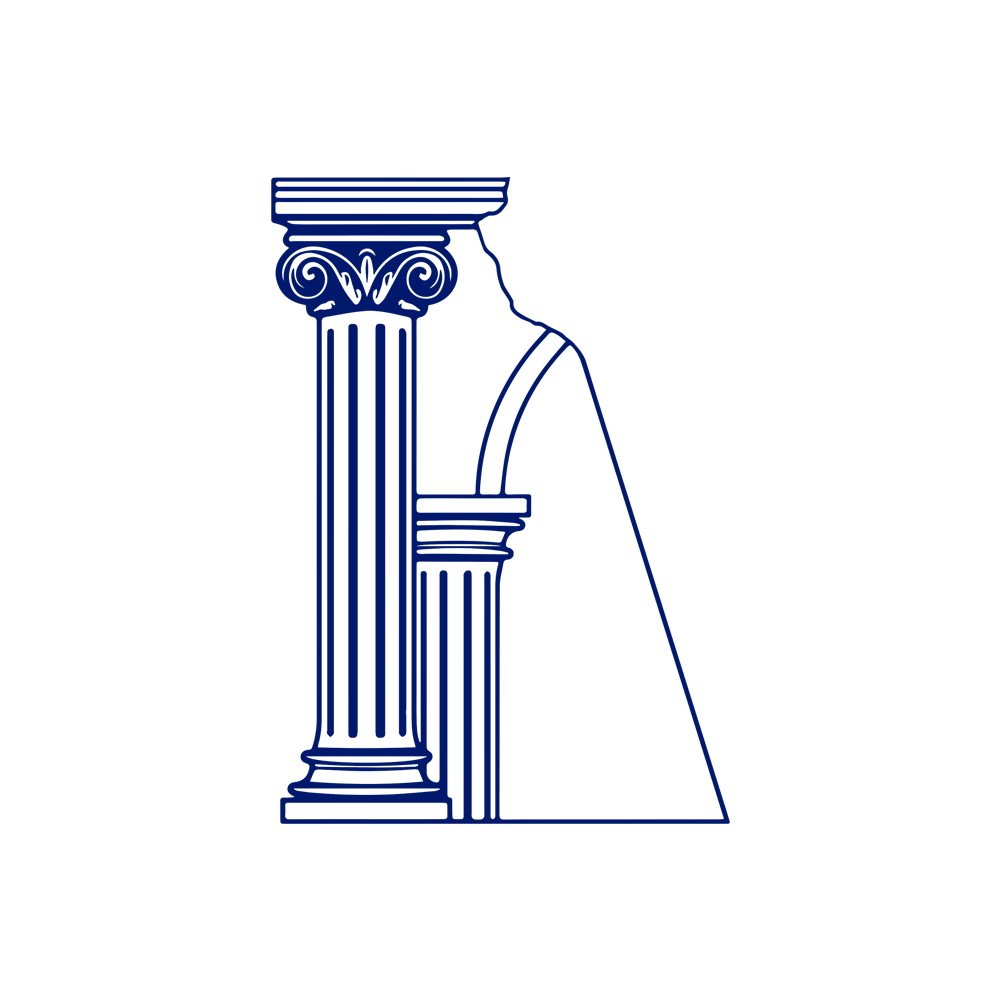Divine Dynasties: The Legacy of Olympus
Table of Contents
Introduction to the Royalty of Olympus
In the vast tapestry of ancient mythology, few subjects capture the imagination quite like the royalty of Olympus. Nestled atop the serene peaks of Mount Olympus, the abode of the gods stands as a symbol of power, beauty, and divine influence. This article delves into the richness of these myths, exploring the intricate relationships, legendary tales, and the enduring legacy of the gods who once ruled the heavens.
The Gods and Their Roles
The royalty of Olympus encompasses a pantheon of deities, each representing different aspects of life, nature, and human emotion. Here’s a breakdown of the principal gods:
| God/Goddess | Domain | Symbols | Notable Traits |
|---|---|---|---|
| Zeus | Sky and Thunder | Lightning Bolt, Eagle | Powerful, Just, Temperamental |
| Hera | Marriage and Family | Pomegranate, Peacock | Jealous, Protective, Regal |
| Poseidon | Sea and Earthquakes | Trident, Horse | Moody, Vengeful, Strong |
| Athena | Wisdom and War | Owl, Olive Tree | Wise, Strategic, Compassionate |
| Apollo | Sun and Arts | Lyre, Laurel Wreath | Charming, Talented, Healing |
| Aphrodite | Love and Beauty | Rose, Dove | Captivating, Passionate, Enigmatic |
Mythical Hierarchies: Rulers Amongst Deities
Within the esteemed royalty of Olympus, a hierarchy exists, establishing who bears the greatest influence and power. Let’s categorize these deities based on their roles:
- King of the Gods: Zeus reigns supreme, managing the affairs of both gods and mankind.
- Queen of Heaven: Hera stands beside royaltyofolympus.net Zeus, overseeing marriage and family.
- Sea Sovereign: Poseidon rules the oceans and is often depicted as a vengeful god.
- Goddess of Wisdom: Athena acts as a strategic warrior, championing just causes.
- God of Light: Apollo embodies harmony, music, and prophecy.
- Empress of Affection: Aphrodite instills beauty and desire among mortals and deities alike.
Famous Stories: Legends of Olympus
The tales that emerge from the royalty of Olympus are as diverse as the deities themselves. Here are some noteworthy myths:
- The Judgment of Paris: A beauty contest amongst divine women leading to the Trojan War.
- The Labors of Hercules: A mortal’s journey of redemption, battling fierce monsters sanctioned by Hera.
- The Birth of Athena: A wonder of divine birth where Athena sprang from Zeus’s head, fully armored and ready for battle.
- The Odyssey: The trials of Odysseus, influenced by both divine intervention and retribution.
- Daphne and Apollo: A tale of unrequited love, deception, and transformation into a laurel tree.
Conclusion
The royalty of Olympus encapsulates a world where the divine and the mortal intertwine, bringing forth stories that reflect human experiences, emotions, and aspirations. These myths serve not only as entertaining narratives but also as profound lessons on power, desire, betrayal, and virtue, continuing to inspire countless generations.
FAQs about the Royalty of Olympus
What is the significance of Mount Olympus in Greek mythology?
Mount Olympus is considered the sacred home of the gods, symbolizing divine authority and the realm of spiritual power.
Who are the primary Olympian gods?
The primary Olympian gods include Zeus, Hera, Poseidon, Athena, Apollo, and Aphrodite, among others.
How do the myths of Olympus influence modern culture?
Myths of Olympus have heavily influenced literature, art, psychology, and popular media, shaping archetypes and storytelling methods.
What themes are prevalent in the myths of Olympus?
The themes of love, revenge, fate, and the relationship between humans and gods dominate the legends surrounding the royalty of Olympus.
Are there any modern adaptations of Olympus myths?
Yes, many modern adaptations exist in films, books, and video games that revisit and reinterpret ancient stories for contemporary audiences.

